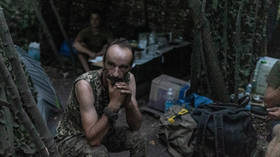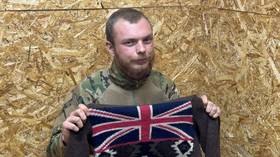‘He didn’t sleep a wink that night’: Daughter of Russian space chief Korolev recalls Gagarin flight
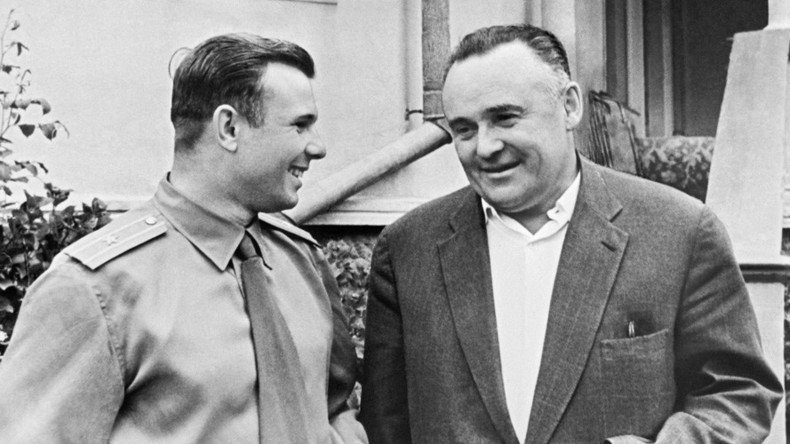
Fifty-five years have passed since Yuri Gagarin became the first man in space, and the number of those who remember the events first-hand grows smaller each year. Natalia Koroleva, the daughter of the founder of the Soviet space program, talked to RT about that day.
Sergey Korolev’s name was hidden from the Soviet people, but by 1961 his resume had already included spectacular highs – developing the country’s ballistic rockets, launching the Sputnik in 1957, and lows – being imprisoned in the Gulag, which affected his health for decades after his release.
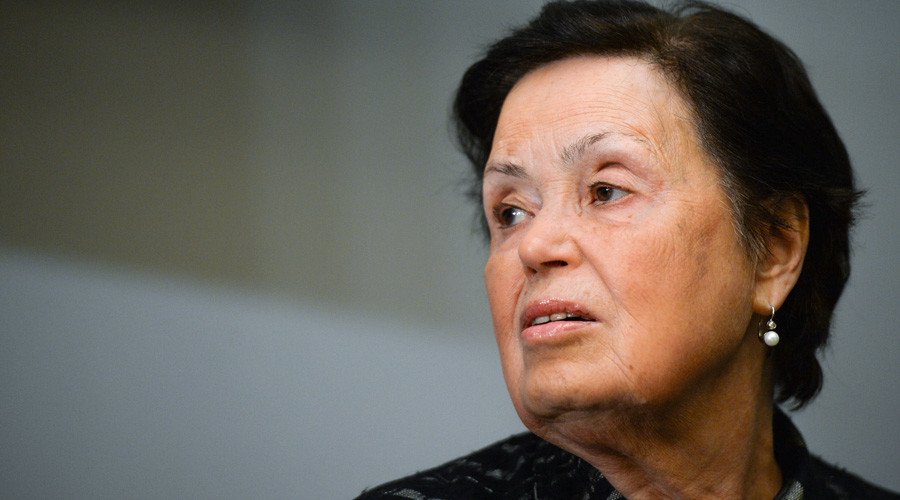
On the eve of the historic mission, 54-year-old Korolev was very nervous.
“It is impossible to describe what my father was experiencing. Yes, there had been test flights, pure experiments, but now there was a human life. A fatal failure could have implications for the entire space program,” says Natalia, a retired surgeon, who was 26 at the time.
April 12 was the final step in a sequence of seven increasingly ambitious Vostok launches, taking up animals, including the dogs Belka and Strelka, and finally a mannequin who served as a stand-in for Yuri Gagarin.
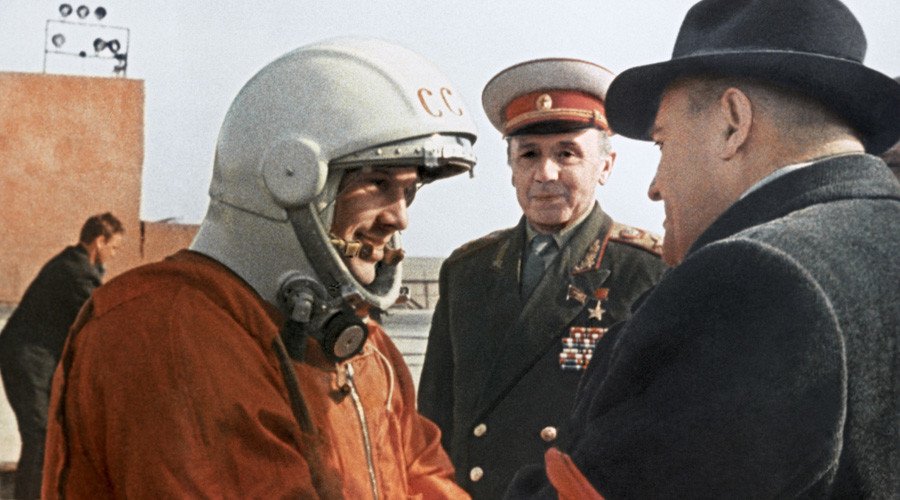
“Before the flight, it was ironically Gagarin, who was risking his life, who took to cheering Sergey up. He would say ‘Don’t you worry, we will do our jobs, everything will be fine.’”
Of the six missions, three had ended in failure, and while the designs had been improved, privately the space program chiefs calculated that Gagarin had a 50-percent chance of surviving.
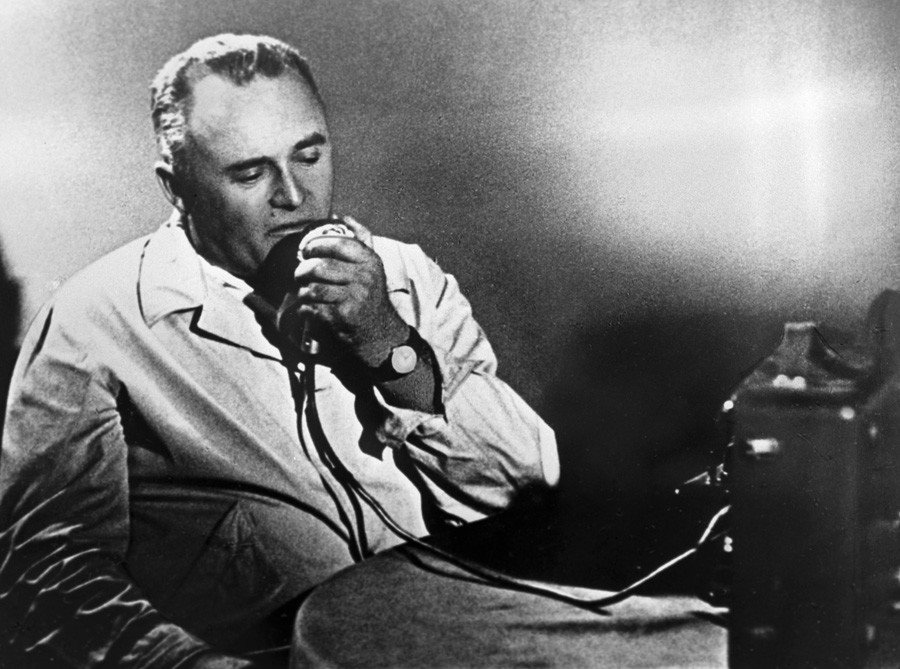
“Korolev did not sleep a wink that night; instead he walked through the Baikonur Cosmodrome, checking in on the little makeshift houses in which the cosmonauts – Gagarin and his backup, Gherman Titov – slept.”
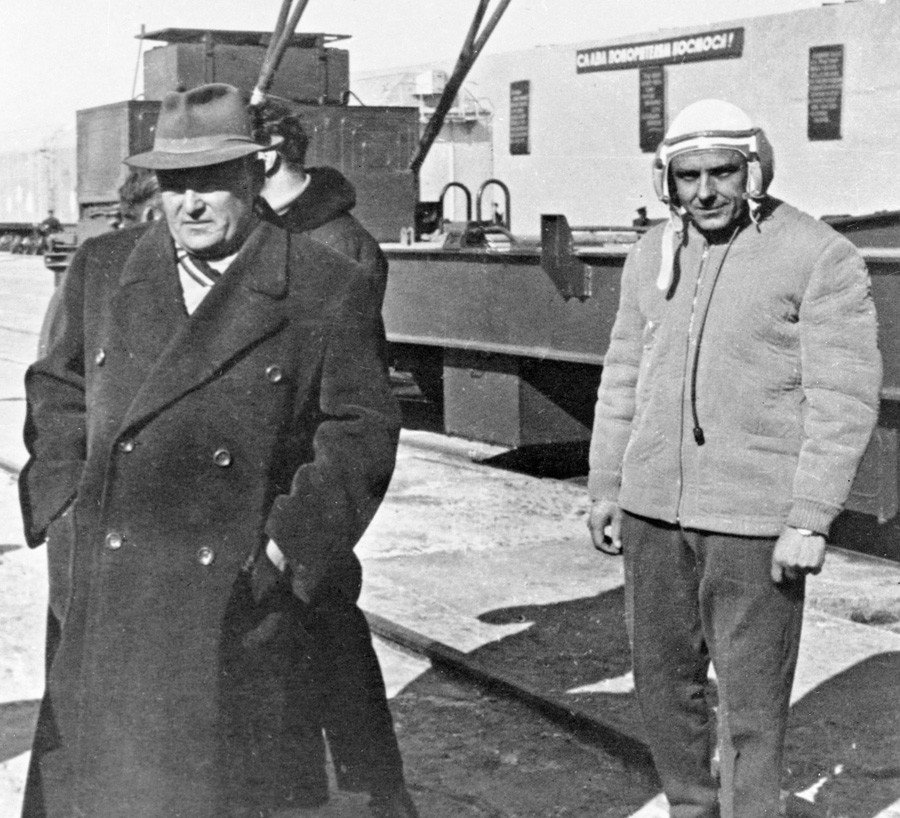
For Korolev, the mission was particularly difficult, as he had personally selected the broad-smiling test pilot, on the basis of his personality, as much as for reports given by observing scientists.
“My father took a liking to Gagarin from the start. It was his manners, but also his inherent sense of responsibility. He was also a hard worker, and approached any task he was set properly. But I also think he saw a little bit of himself in Gagarin.”
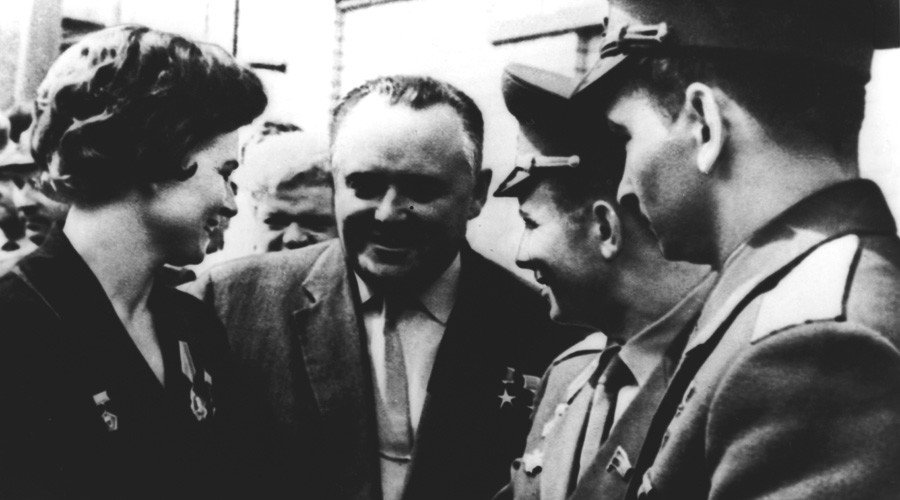
On the morning itself, even the reliably cheerful Gagarin seemed morose and monosyllabic, but once he had boarded the rocket, and pronounced his iconic “Let’s go!” the mission was 108 minutes of nervous perfection.
However, it was only after Gagarin was reported safe – landing 300km off the intended spot near the cosmodrome, in a field in southern Russia – that Korolev felt relief.
“Of course, he was happy they had achieved this, but he was overjoyed when he learned Gagarin was safe and of course when he saw him.”
Once the success of the mission, which had been kept secret in advance, was confirmed, the Soviet Union marked its biggest peacetime triumph.
“When everyone in Moscow was told the news, all those who could get up on their feet, poured out onto the street – the closest comparison is Victory Day fifteen years earlier.”
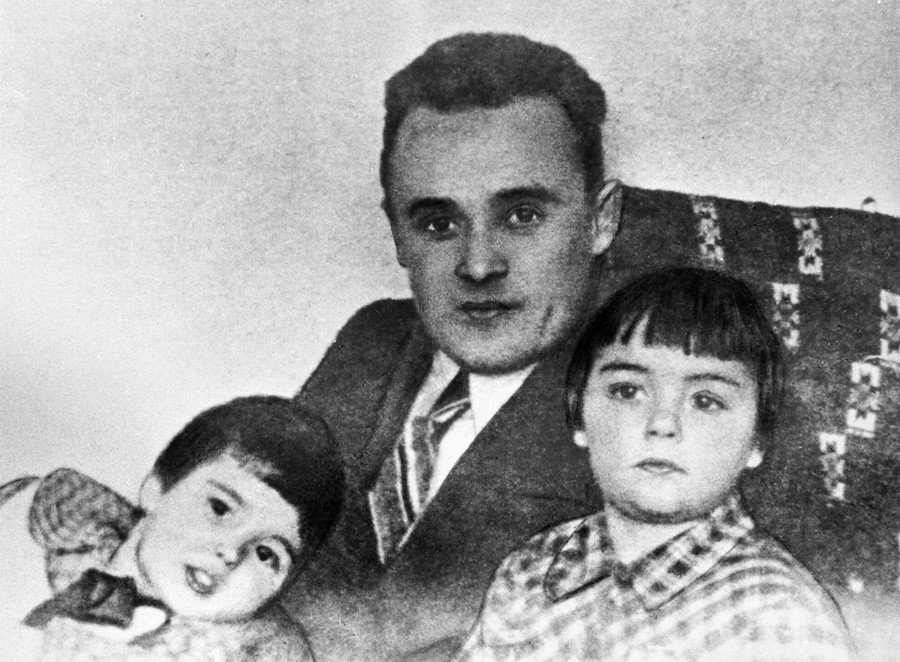
As he celebrated, while indulging in new dreams, such as an orbital station, and a Moon landing, Korolev had one regret.
“I should have been the one flying in that craft, if only I were younger, and they’d let me,” the designer, himself a former experimental pilot, told his daughter, only half-jokingly.
READ MORE:Busting three major myths about the Soviet space pioneer
Circulation and internal organ problems that had plagued him since imprisonment in Siberia, combined with an ever increasing workload, sharply undermined his health. He died just five years later, during botched surgery to correct his jaw, which had been deformed by secret police interrogators back in 1938. Doctors failed to insert a breathing tube into his trachea.
“The April 12 flight was the main achievement of his life – all the other milestones pale in comparison. If that had been the only thing Sergey Korolev had done with his life, it would already have been a life worth living,” Natalia said.






